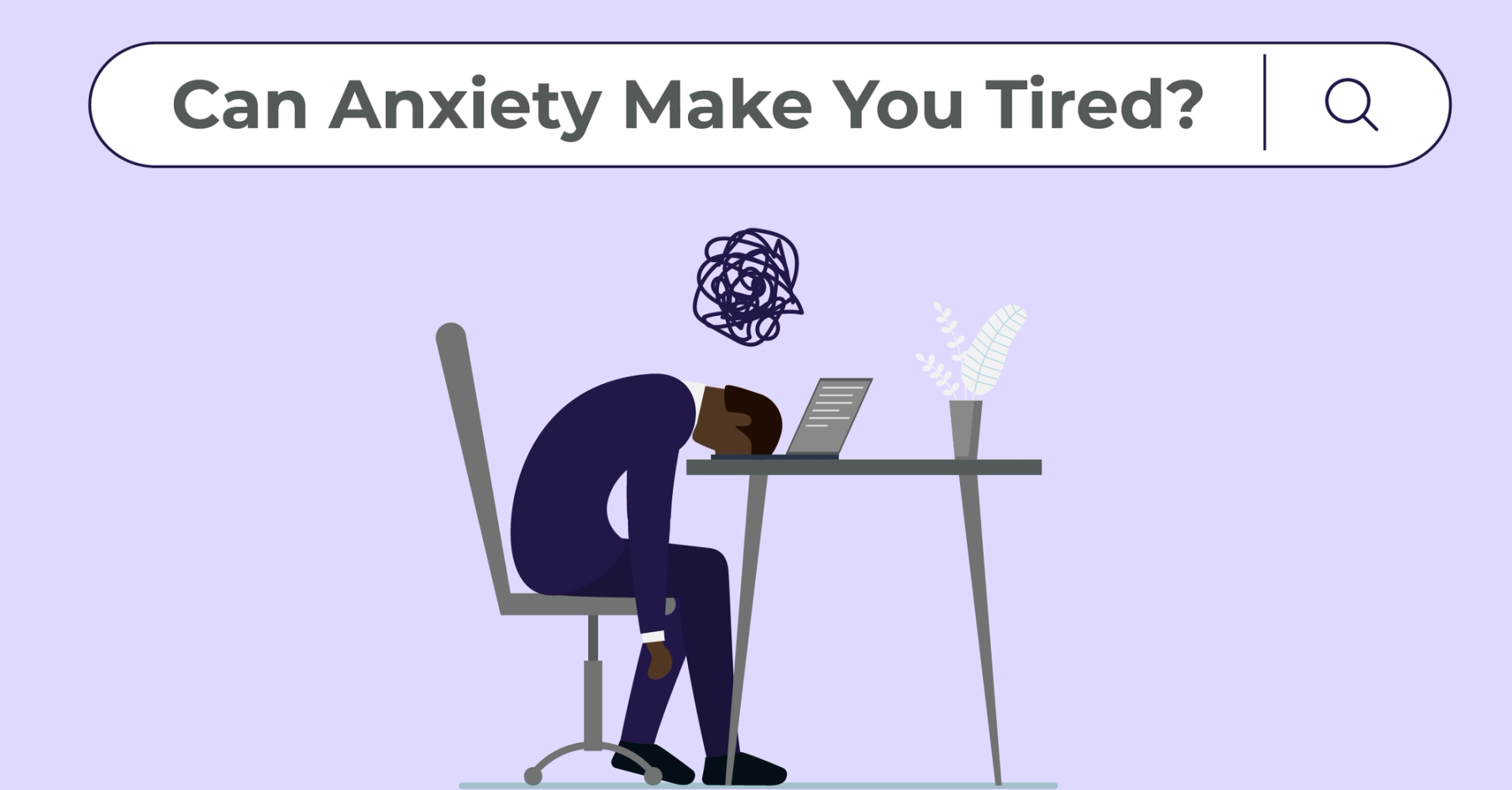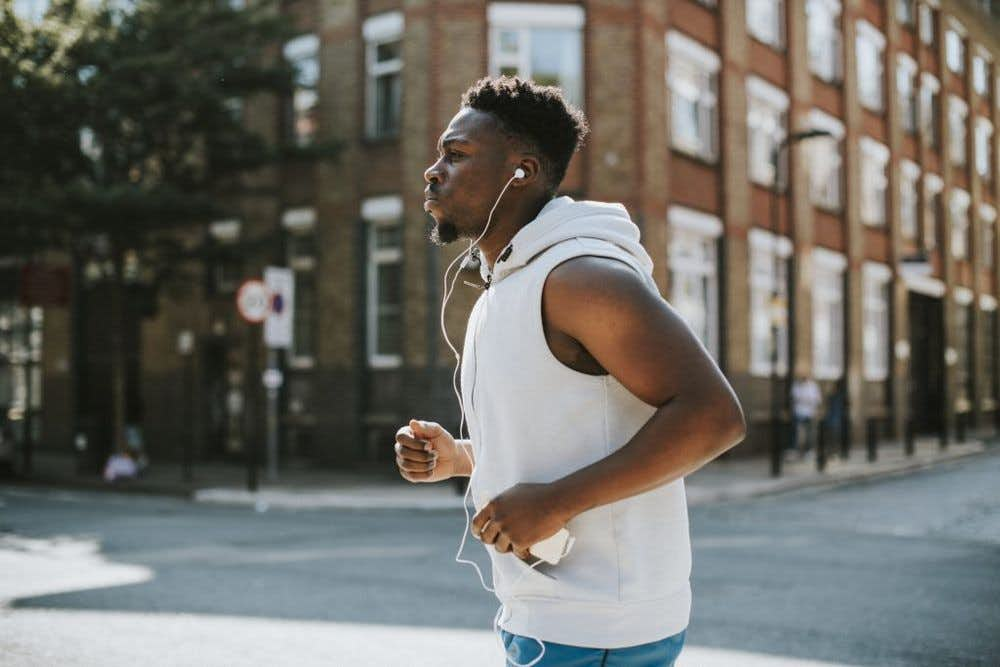November 17th, 2021

We often hear the phrases “I'm nervous,” “I'm stressed,” and “I’m anxious,” but what do these statements actually mean, and what effect do they have on our bodies?
When asked the difference between feeling nervous and feeling anxious, most individuals believe they are the same. To their surprise, there is, in fact, a difference. When a person is nervous, they may experience physical symptoms like:
Being nervous is a common reaction to a new or stressful event, like taking an exam, public speaking, or a job interview. However, these feelings subside after the event occurs.
Anxiety is different in the sense that it can present as a variety of symptoms. People with anxiety disorders may encounter any of the following symptoms:
One may experience a few or even all symptoms of anxiety. The main difference between feeling nervous or anxious is the avoidance factor and the feeling of tiredness. Generally, symptoms do not go away after the stress-inducing event. In most cases, they will continue well after the event and can impact how you function in your daily life.

An anxiety disorder can cause a person to experience an array of physical symptoms. As the worry continues to build, the symptoms continue to intensify as well. Once the stress is gone, the symptoms will begin to stop, leading to the feeling of physical or emotional exhaustion.
When trauma is severe or chronic, individuals develop Post Traumatic Stress Disorder (PTSD). Dysregulation of the neurobiological process responsible for responding to threats causes PTSD. The body reacts as if the traumatic event is occurring in the present. There are three clusters of symptoms related to PTSD:
This experience is comparable to fight, flight, or freeze mode. Our brain sends a message to our body to transition into survival mode, releasing various hormones to protect ourselves from what they perceive as a threatening or stressful situation. Some either prepare to fight the trauma (fight), run away from it (flight), or some are overwhelmed and cannot make a conscious decision (freeze).

Anxiety and trauma are two different experiences, but it does not mean you cannot experience both. When you experience complex trauma (more than one traumatic experience), you will likely be in constant survival mode. When in this state you are always on high alert and anxiously waiting for the trauma to occur again, and when one finally feels safe, they will collapse of exhaustion.
That is not always the case, though. Many people who experience trauma may also have the inability to fall asleep or even stay asleep due to nightmares, insomnia, or fragmented rapid eye movement (REM) sleep. Sleep is essential for healthy functioning, therefore if you are experiencing any of these symptoms, please consult with your doctor.
Being in tune with your body and understanding what it is telling you is important. After a long day of work, many of us are guilty of ignoring our bodies when our feet or entire body aches. We go straight to helping our kids, making dinner, or continuing to a second job while trying to ignore the signs.
The first step is to stop ignoring our bodies and listen. Self-care is crucial and can be as simple as taking 5 to 10 minutes between each task to reset your body. Some examples are:

If we implement tools like these throughout our day, we may not feel as exhausted.
Another great tool to use when dealing with anxiety is to stop fighting your emotions. Accept the feelings and thoughts that are present, be kind to yourself, and breathe. Half of the buildup comes from the anticipation of the unwanted sensations and the fight to control the anxiety. The more we fight the more anxious we feel, so stop fighting what our body wants to do and instead find tools to help relieve the stress and anxiety.
If you also find yourself in a car while experiencing these overwhelming emotions always err on the side of caution and pull over to a safe area to stop and allow yourself to reset.
Therapy is another great tool to use because you get a space to express any emotions and feelings without fear of judgment. Your therapist can also give you tools tailored to you to help with your anxiety.
Written By: Alexandra Shuman, LSW
At Clarity Clinic, we have highly trained staff who specialize in therapy and psychiatry services. To learn more about how we can support your mental health, call Clarity Clinic on (312) 815-9660 or schedule an appointment today.
Our Services
Virtual/Online CarePHP and IOPAdult PsychiatryChild & Adolescent PsychiatryAdult TherapyChild & Adolescent TherapyCouples CounselingFamily TherapyGroup TherapyPsychological TestingTranscranial Magnetic Stimulation (TMS)